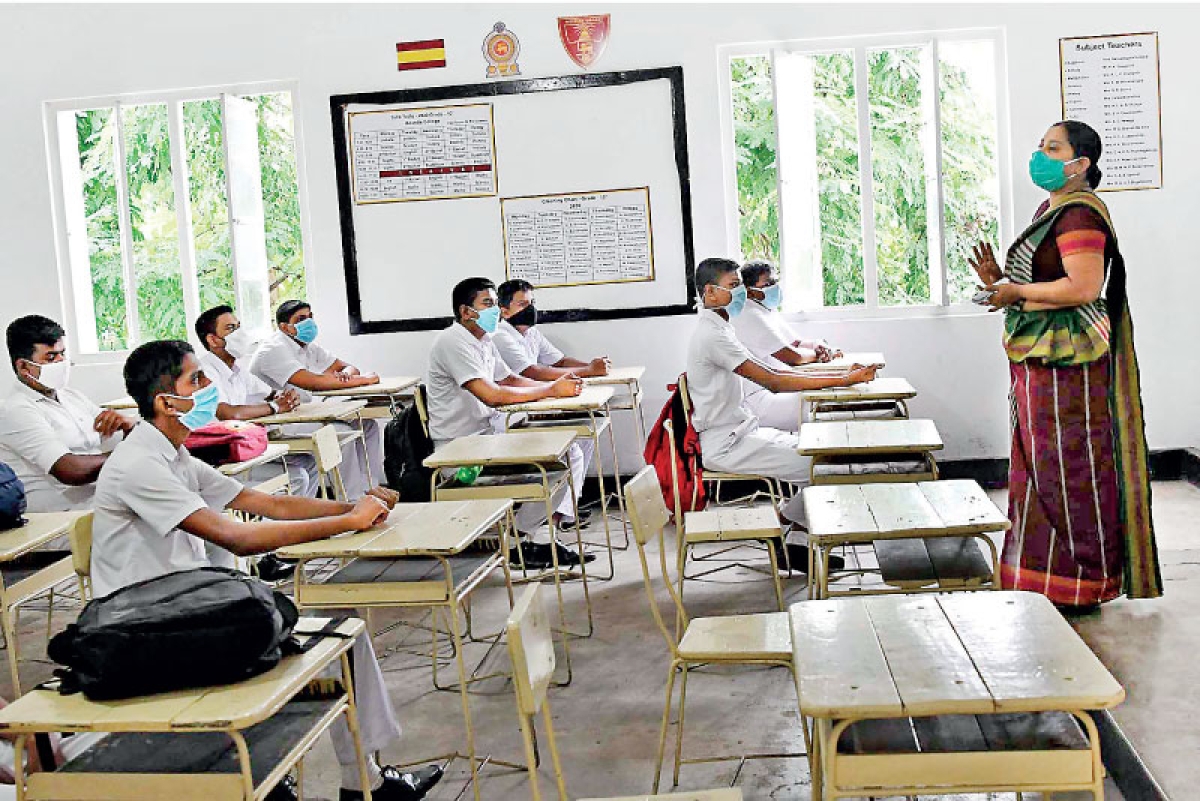In a groundbreaking move to reshape the landscape of school education in Sri Lanka, the Ministry of Education has unveiled a comprehensive set of proposals aimed at providing every child the opportunity to complete their school education within a span of 17 years. The proposed reforms include significant changes to the examination system, subject offerings, and a strategic focus on vocational education.
One of the key proposals is the adjustment of examination cycles, with Ordinary Level (O/L) examinations slated for Grade 10 and Advanced Level (A/L) examinations to be held in Grade 12. This shift is designed to streamline the education process and ensure a smoother transition for students advancing through different academic levels.
To alleviate the academic burden on students, there is a proposal to reduce the number of O/L subjects from 9 to 7. Furthermore, new subjects will be introduced in grades 9 and 10, including Information and Communication Technology (ICT), technical and professional skills, and religious and values, aiming to provide a more holistic and practical education.
Perhaps one of the most significant changes is the abolishment of the concept of failing in O/L examinations. Instead, the Ministry envisions a system where every child who passes the O/L examination is given the opportunity to choose between university education and professional education based on their chosen subjects. This move is intended to foster inclusivity and ensure that no child is left behind in their educational journey.
The A-level subjects are set to be classified into two categories: academic education and vocational education. This categorization is part of a broader strategy to provide diverse pathways for students, allowing them to pursue degrees and vocational training according to their interests and aptitudes.
Administrative restructuring is also on the agenda, with the number of educational zones increasing from 100 to 122. Additionally, the total number of schools will be classified into cluster schools, with each cluster consisting of flagship schools at the provincial level. This restructuring aims to enhance coordination and resource allocation within the education system.
Financial allocations for the Ministry of Education in the 2024 budget stand at 517.05 billion rupees. A significant portion of this budget, including two thousand million rupees for school textbooks, six million rupees for school uniforms, and two thousand five hundred million rupees for providing school shoes, reflects the government's commitment to improving access and resources for students.
The Ministry officials highlighted that approximately 1.07 million school children currently receive lunch, with plans to extend this initiative to 1.5 million children in 2024.










